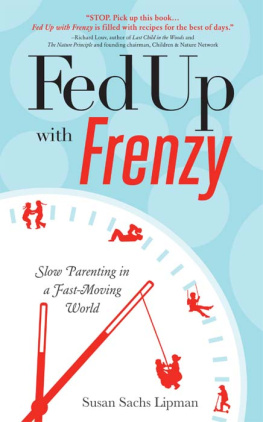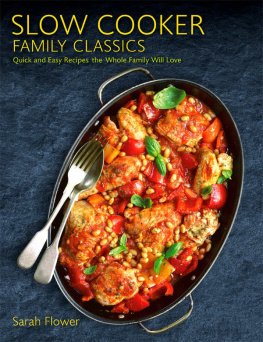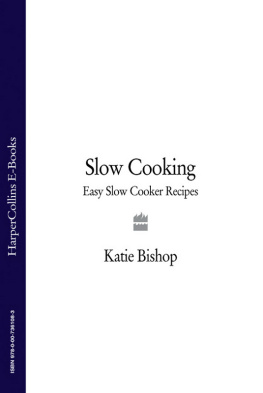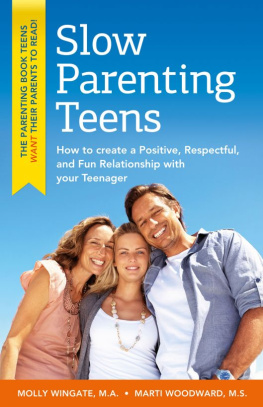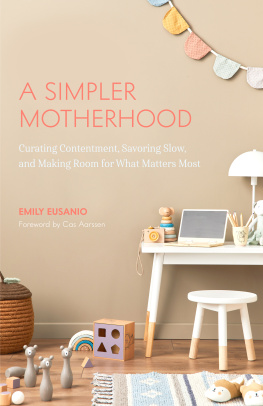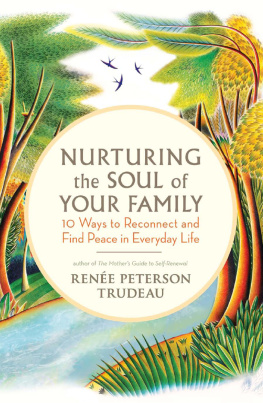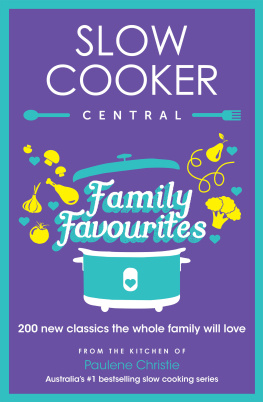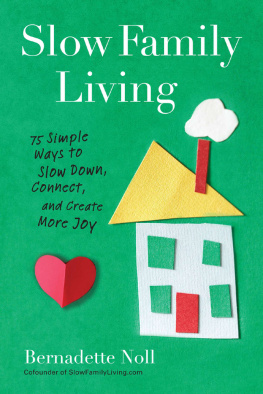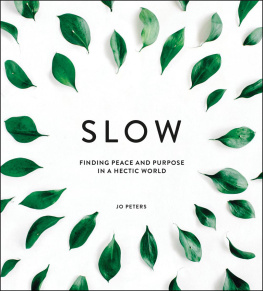
Copyright 2012 by Susan Sachs Lipman
Cover and internal design 2012 by Sourcebooks, Inc.
Cover design by The Book Designers
Sourcebooks and the colophon are registered trademarks of Sourcebooks, Inc.
All rights reserved. No part of this book may be reproduced in any form or by any electronic or mechanical means including information storage and retrieval systemsexcept in the case of brief quotations embodied in critical articles or reviewswithout permission in writing from its publisher, Sourcebooks, Inc.
This publication is designed to provide accurate and authoritative information in regard to the subject matter covered. It is sold with the understanding that the publisher is not engaged in rendering legal, accounting, or other professional service. If legal advice or other expert assistance is required, the services of a competent professional person should be sought.From a Declaration of Principles Jointly Adopted by a Committee of the American Bar Association and a Committee of Publishers and Associations
All brand names and product names used in this book are trademarks, registered trademarks, or trade names of their respective holders. Sourcebooks, Inc. is not associated with any product or vendor in this book.
Published by Sourcebooks, Inc.
P.O. Box 4410, Naperville, Illinois 60567-4410
(630)961-3900
Fax: (630) 961-2168
www.sourcebooks.com
Library of Congress Cataloging-in-Publication Data
Lipman, Susan Sachs.
Fed up with frenzy : slow parenting in a fast-moving world / Susan Sachs Lipman. 1st ed.
p. cm.
(trade paper : alk. paper) 1. Parenting. 2. Parent and child. I. Title.
HQ755.8.L547 2012
649.1dc23
2012011800
Printed and bound in the United States of America.
VP 10 9 8 7 6 5 4 3 2 1
For Michael and Anna, my champions and teachers, whose
love and laughter make me want to slow each memorable day.
and
For my parents, who encouraged me to jump in rain puddles
and see life as a continuous adventure.
Contents
Foreword
My parents always said I was named Anna for a reason. They told me that Anna was a special name because it had been my great-grandmothers name, and it was also easily understood in most countries. Ive known from the beginning that my family was special, too. My mother and father are happy people who have always lived by their values. The strongest value they passed on to me was to slow down and embrace what Mother Nature has given us.
I was raised in nature. When I was little, my dad used to tell me that the forest around us was my backyard. My parents encouraged me to explore my surroundings, to be prepared forand not afraid ofthe unexpected. Now I feel confident and prepared for everyday life. I can walk in nature or in a city by myself and feel like I know what to do.
We were always walkers. I walked to school, my mom walked to the market, my dad walked to the library. My parents also taught me the joy of biking, and I bike everywhere I can today. I learned that being slow can be good for the environment and that you enjoy life more when you look around. I learned that gardening and cooking can take time, love, and patience, but make you happy.
When I was little, it was also impressed upon me that I could make a difference, but that in order to do so, I had to make sacrifices. I did not always do every activity, rushing from practice to practice. I did not always have the newest things, but instead bought less and re-used things. I learned to rely on myself.
My mom made sacrifices, too. Always putting others before herself, my mom made sure that I was aware of my surroundings and cherished the beautiful world I was raised in. My mom was an avid Girl Scout leader who always took us girls on gorgeous hikes and fun adventures. She instilled in me the fact that time is a gift, to cherish what I have, and to love the Earth and give back more than I take.
As a little girl, I took what she said for granted, never thinking thoroughly about the gifts of knowledge she was giving me. Now, as I have grown older, I realize how privileged I am to have grown up in one of the most beautiful places in the world, with one of the most beautiful mothers. Beautiful on the inside.
My mom is a very special person and I cant imagine what I would have done without her. Shes an amazing human being, and I have been privileged to have been raised by such a kind and giving person. I am so proud that she has channeled her love of teaching and slowing down into a lovely book. I love her so much, and even though all her ideas cant be put into a single book, I still think this one is pretty good.
Anna Lipman, age 16
Mill Valley, CA

At soccer games and birthday parties, in school hallways and other places parents congregate, our conversations are often the same: many of us feel that we are running around and doing more together than ever, yet somehow enjoying our family time less. We often find ourselves isolated, distracted, plugged into electronic devices, performing chores, driving, and multitaskingand our family lives tend to reflect that. Chaos, rather than calm, is the norm.
A decade ago, when my daughter, Anna, entered elementary school, I distinctly realized that something wasnt right. Our lives, and the lives of many families around us, were off balance. Parents seemed frazzled and hurried, spending more time transporting our children and dropping them off than actually playing or even being with them. Our children seemed to do specific, monitored, often goal-oriented activities instead of playing freely. There were arranged playdates, lessons, and sports practices; yet despite all the organizing and hovering, many of us went about the task of parenting relatively alone and unfulfilled.
I yearned for a life filled with creativity and play; true connection with my family, my community, and myself; and an enjoyment of small observations and moments that comes from slowing down enough to notice them. I wasnt experiencing those types of connections and moments because I was too busy planning, scheduling, and driving. I was too busy with the future to notice the present, too busy with the calendar and the to-do list to stop and chat in the market or between activities. And, frankly, others seemed quite busy, too. I began to wonder just what the rush was, and whether slowing down might help me and my family become more connected and calm.
My family had experienced some of the connection and community I sought during Annas preschool yearsso much so that the pace and expectations of elementary school life seemed jarring. It was as if the ground beneath us had transformed from a meandering, woodsy path into a rapidly moving walkway. We suddenly struggled to keep up.
Annas preschool, Kumara School, had emphasized process over product. For the most part, the children directed their own play, in nature and with art materials that were simple and often natural or recycled. Anna spent about a year being fascinated with adhesive tapepulling, cutting, and laying it down on paper, creating cardboard box-and-tube cameras and candy machines. She didnt seem to need or want anything more expensive, complicated, or educational than that. Ive found that this and similar observations often occur when we slow down, adjust our ideas about what is normal or expected, and let our children and our own instincts guide us.
Even with a small child, society sometimes informed us that wed better hurry and get on a schedule, or else she would be left behind, from kindergarten on up to college. We had visited other preschools in which kids sat on specific cushions and learned the letters of the alphabet, in order to get ready for kindergarten. I instinctively felt that Anna would learn best by playing and that traditional academics could wait. I was well on my way to entering a slower parenting style that didnt adhere to schedules of education and child development, which had sped up dramatically since my own childhood.
Next page
